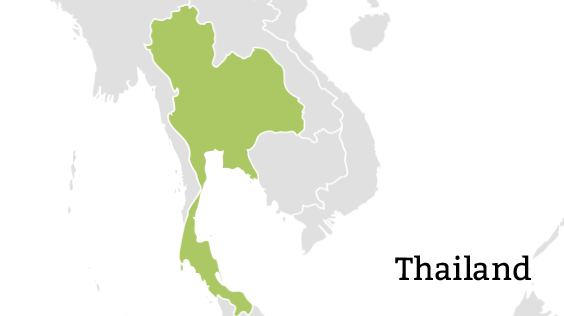
Thailand’s telecommunications regulator, in cooperation with network operators, provides 10GB of data for free to mobile users as a way to encourage people to stay at home during the COVID-19 state of emergency directive.
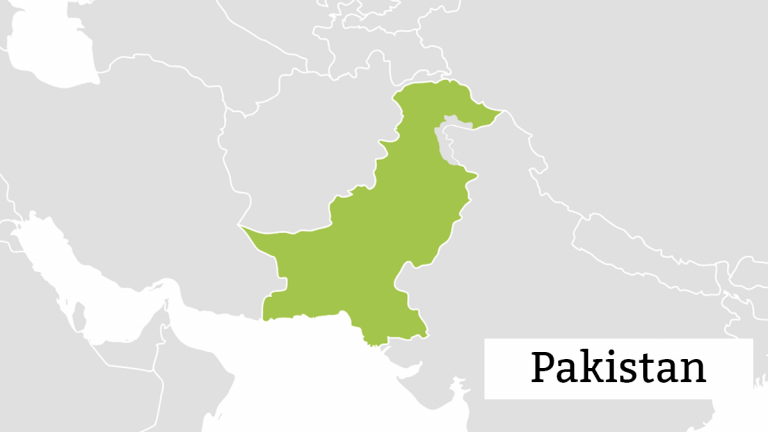
Pakistan’s Universal Service and Access Fund (USAF) helps deliver increased internet access for over 7,000 unserved and underserved areas by co-financing infrastructure development and creating a competitive market for services.
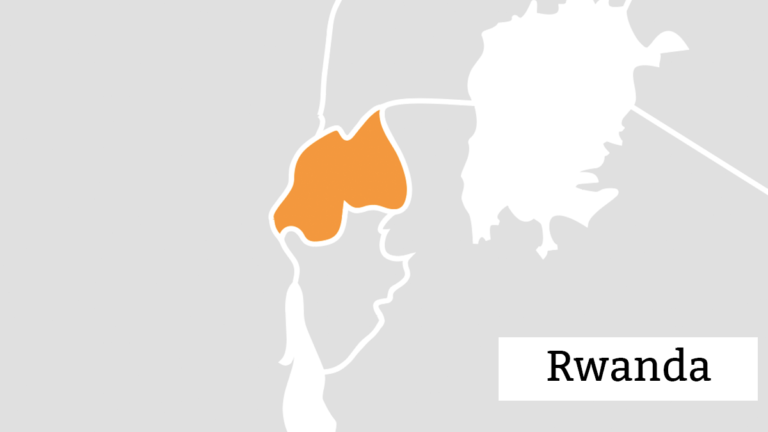
Rwanda’s Digital Ambassadors Programme, with 50% representation for women, addresses the challenges of digital literacy in an aim to unlock the transformative powers of technology for all.
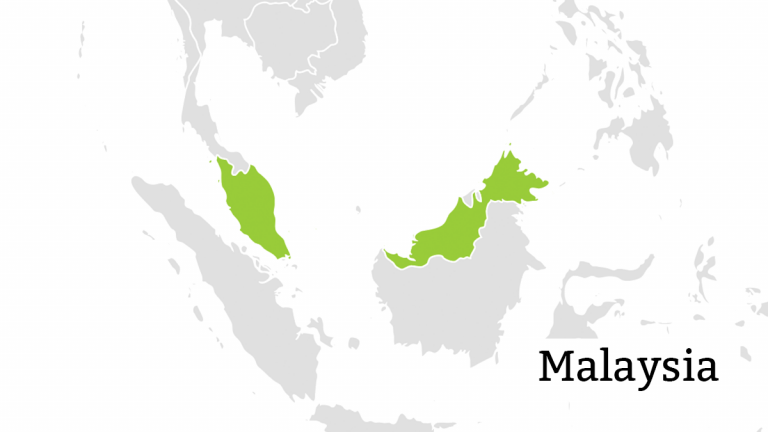
With effective national broadband plans and strategic use of its USAF, Malaysia has boosted internet penetration and affordability for its citizens.

The Technology for Economic Development (Tech4ED) project – with over 2,200 public access centres since 2015 – helps provide ICT connectivity to thousands across the Philippines.
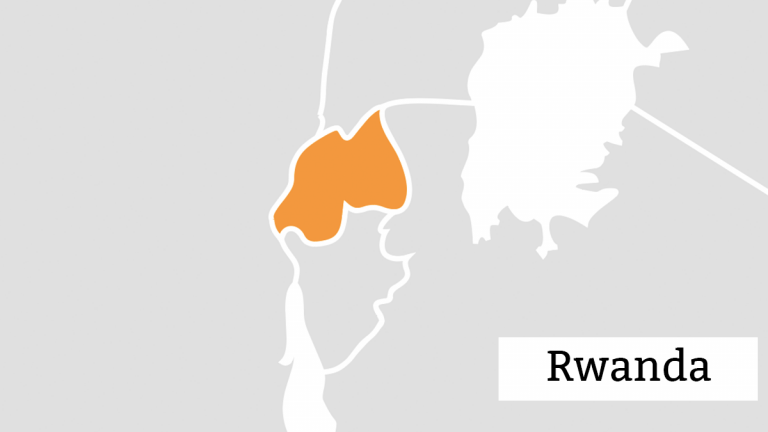
Rwanda narrowed its digital divide with the establishment of and successful intervention by its USAF.
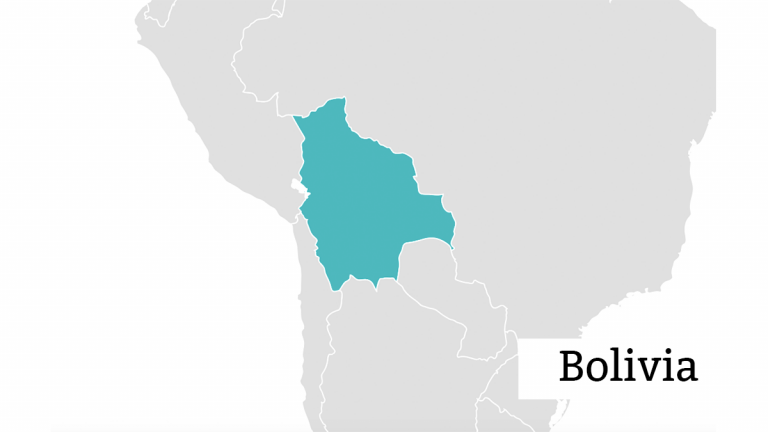
As a landlocked country, Bolivia has a number of challenges that require a robust policy response to improve its telecommunications sector. Mountainous terrain, a lack of access to the sea, relative economic isolation from the rest of the world, cataclysmic…
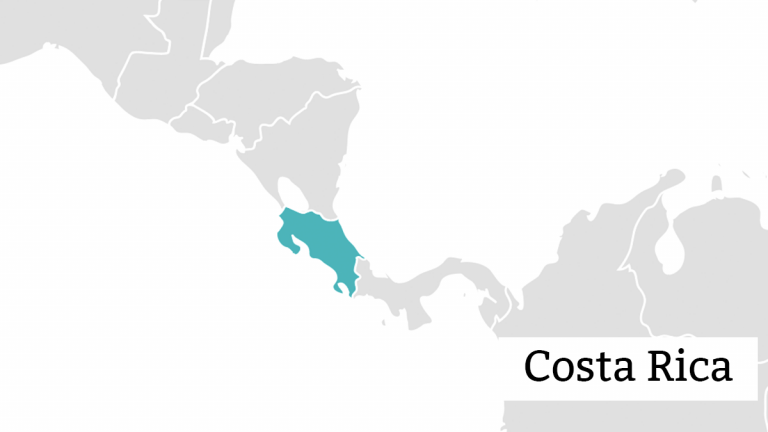
Until 2009, Costa Rica’s state-owned monopoly, the Instituto Costarricense de Electricidad, controlled all of the island nation’s telecommunications services. This monopoly ended when the Central American Free Trade Agreement came into force and opened up the country’s telecommunications sector to…








